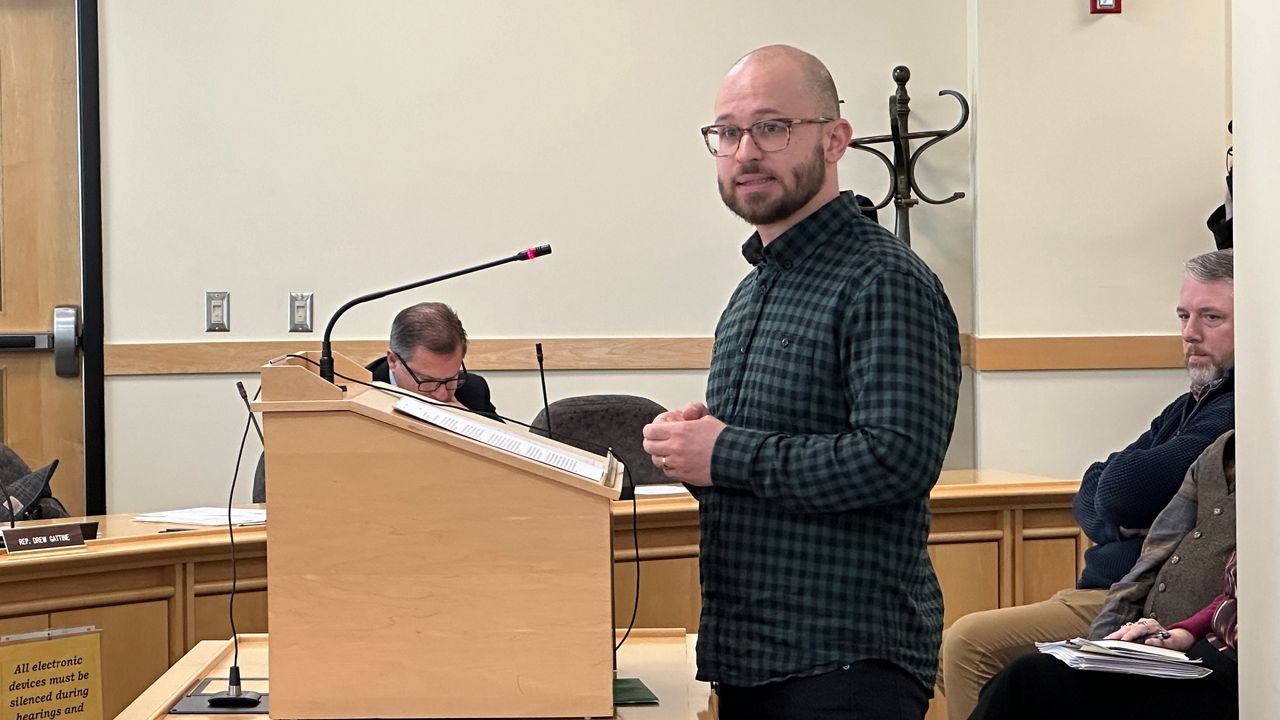Lawmakers on Tuesday considered changing state law to help members of housing cooperatives more easily access public benefits, especially if they are income eligible.
Rep. Kristen Cloutier (D-Lewiston) sponsored the bill, LD 1505, which also proposes to expand Maine law so it recognizes group equity cooperatives, which focus on affordable housing.
“As you know, the current housing crisis in Maine, compounded by the effects of COVID-19, have left many Mainers struggling to find and secure housing,” she told members of the Legislature’s Housing Committee.
A report issued in October defined the crisis, concluding that Maine needs between 76,400 and 84,300 homes by 2030 to meet projected needs. Those can be new construction or renovations of existing homes, according to the State of Maine Housing Production Needs Study.
Part of the issue is historic underproduction, which measures the lack of homes for the existing population plus the homes needed to support the increase in the workforce.
The report projects that, to meet current and future needs, municipalities across the state would need to increase the number of building permits issued each year by 77-94%, depending on where they are located in Maine.
The state has worked to spur affordable housing production in the last few years, investing more than $280 million since 2019. Lawmakers also passed legislation that requires cities and towns to allow different types of housing.
Cloutier’s bill focuses on projects in which the housing is governed by a cooperative.
Although cooperatives can take different forms, they are resident controlled housing in which a corporation owns the land and building, but residents own shares of stock, said Craig Saddlemire of the Raise-Op Housing Cooperative in Lewiston.
Those residents elect a board of directors, set their rents and building budgets and decide whether to hire a management company, he said.
Cloutier’s bill is designed to give clarity to those who administer government programs so they understand that those who live in cooperatives can be eligible for benefits if they meet other criteria such as income level, Saddlemire said.
“A lot of programs are built around the idea that the housing type is either homeownership or the housing type is commercial rental,” he said. “Housing cooperatives are both.”
The bill directs those who administer benefit programs, such as help with housing or utility costs, to categorize those who live in cooperatives as either homeowners or renters, depending on the type of cooperative in which they are a member, he said.
Cloutier described cooperatives as another option for people who would otherwise be renters with little control over their living conditions.
“The purpose of cooperative affordable housing corporations is to provide affordable housing options on a non-for-profit basis to people who wish to have more control over their housing conditions and who in most cases would otherwise be tenants of commercial rental housing,” Cloutier said.



